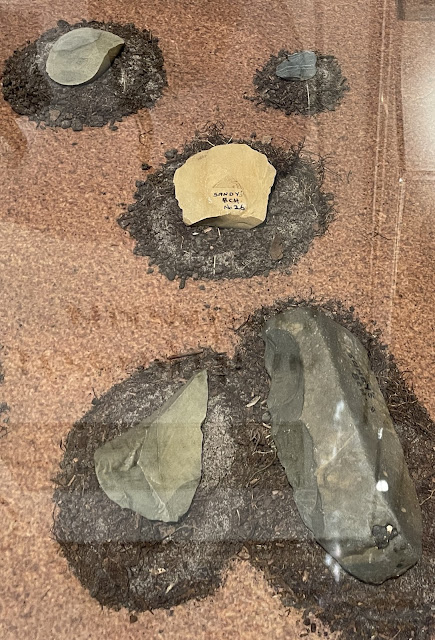
Australia’s urban sprawl into flood-prone regions presents a profound case of civilisation’s unchecked expansion colliding with the very processes of nature. In the philosophy of organism the world is not a static entity but an unfolding process, a constant interplay of forces. The spread of human habitation into precarious landscapes—buoyed by a reliance on fossil fuels that further intensify climatic volatility—is a prime example of what I have termed the “fallacy of misplaced concreteness”: the tendency to treat abstracted human aspirations as if they exist apart from the living, shifting reality of nature.
Cities and suburbs stretch outward in search of economic growth and comfortable living, yet the land itself is not a passive receptacle for human will. The dynamism of rivers, floodplains, and weather systems does not submit to the rigid grids of development. The increasing frequency and severity of floods, driven in part by the very fossil-fuel-intensive activities that enable this expansion, illustrate the failure to integrate our urban ambitions within the deeper rhythms of an evolving planet.
There is an irony here—a civilisation that prizes rational planning is, in fact, perpetuating a chaotic and unsustainable trajectory. This is a problem of abstraction divorced from process. The concrete realities of atmospheric instability, rising sea levels, and the saturation of flood-prone soils are ignored in favor of a narrow economic calculus that sees only the immediate, not the emergent.
What, then, is the remedy? It is not merely a technical fix but a reorientation of thought. True wisdom does not impose an artificial stasis upon a dynamic world but seeks harmony with its processes. A city that respects the patterns of water, that adapts rather than resists, is one that aligns itself with the creative advance of nature rather than standing in opposition to it. If we are to avoid catastrophe, we must cease treating the world as an inert backdrop to human activity and recognize it as the active, evolving reality in which our own future is enmeshed.
(Curated text by Alfred North Whitehead, Process & Reality, Cyclone Alfred, Bellingen Area and ChatGPT.)



